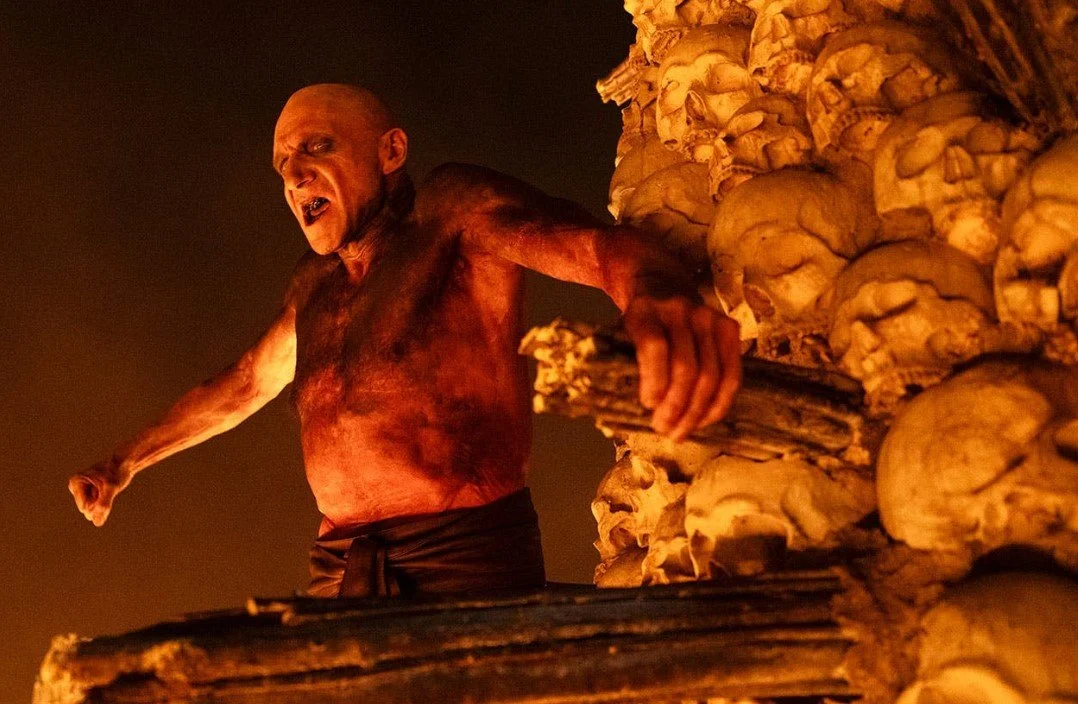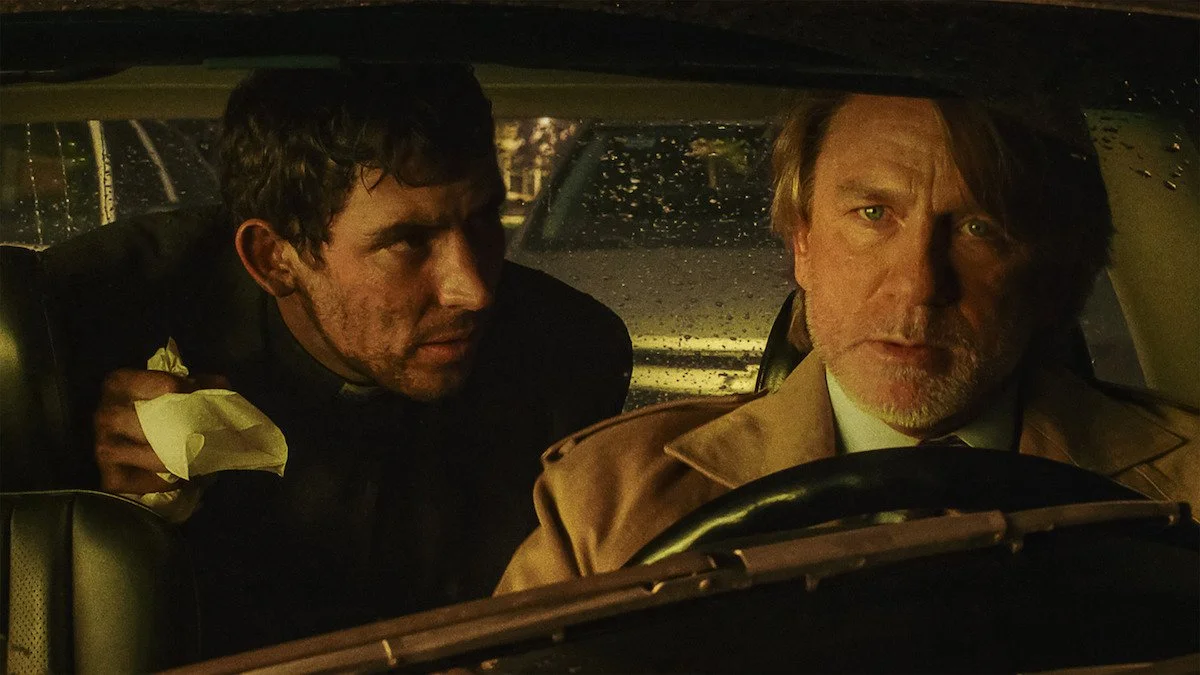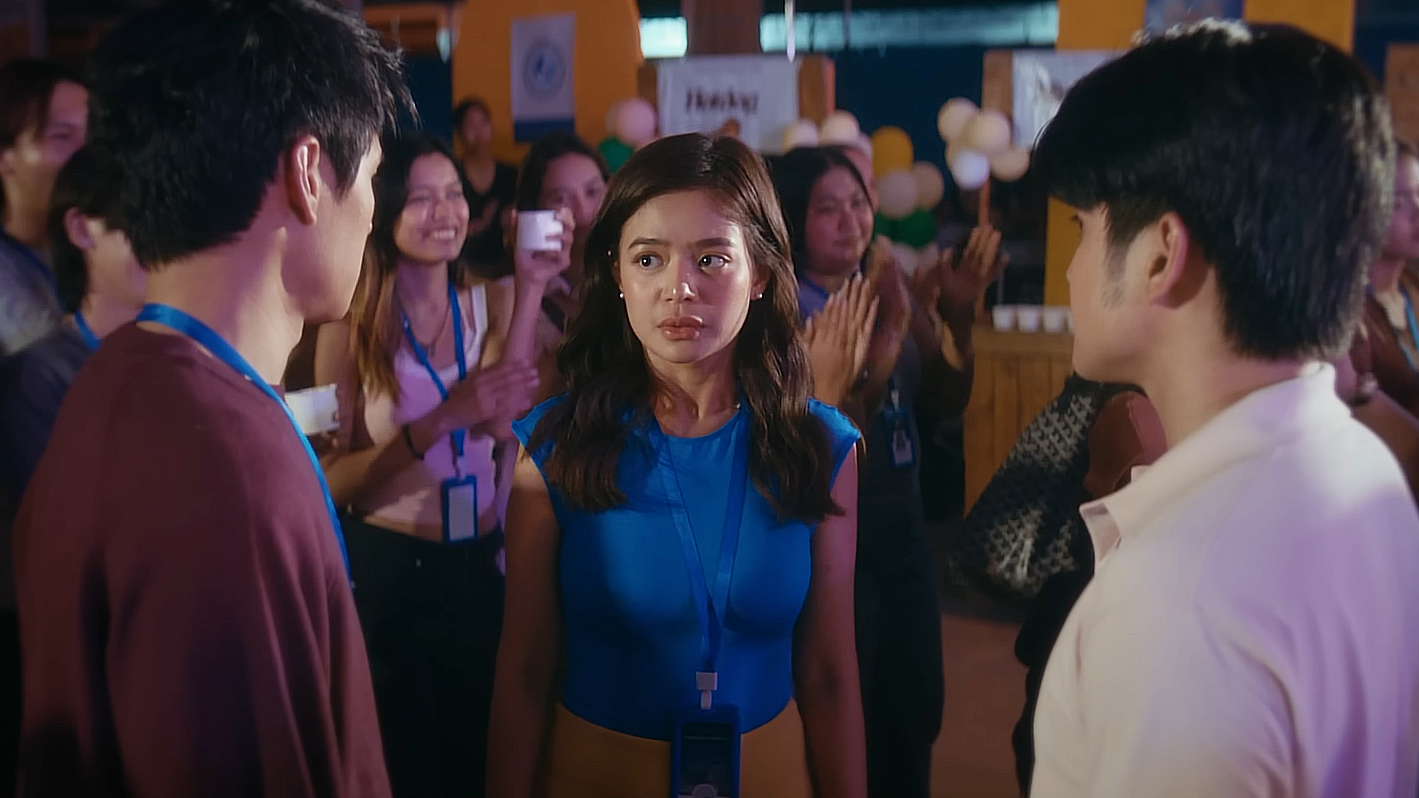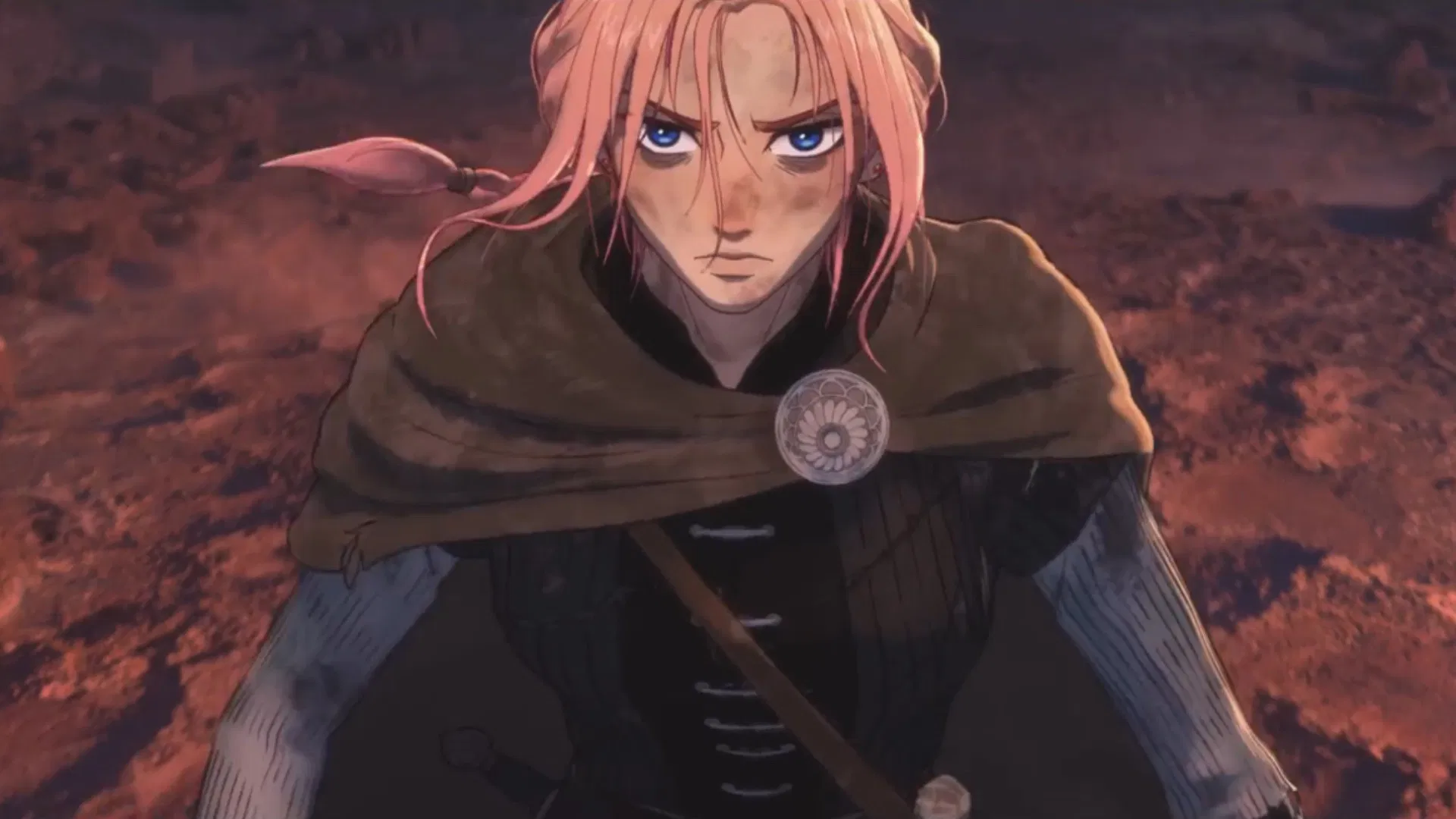‘Islands’ (2013) REVIEW: A self-defeating exercise of isolation
‘Islands’ (2013) REVIEW: A self-defeating exercise of isolation
A hunter (played by Luis Alandy) looks into the distance.
Two spacemen, a tribesman, and a family on the way out. Three disconnected stories, all sharing the DNA of loneliness and longing. This is the wandering fabric that ties together Whammy Alcazaren’s experimental sci-fi romp, Islands. The movie doesn’t follow a straightforward plot, instead opting to jump between the three vignettes at a pace that is slow and gentle. Each story offers its own unique moods on the state of alienation and distance. Do they hold up until the very end? Unfortunately, no. Despite the promising beauty that these three individual stories offer, the film’s surprise twist near the end ultimately renders these stories irrelevant and leaves the film with a repulsive aftertaste.
The film opens with a pair of monologues delivered in Cebuano by Adrian Alandy and Meryll Soriano. The first is about returning to a friend after a long journey, while the second is about a fleeting love affair taking place in the black of night. In both these long and drawn out pieces, the film finds its overarching themes of loneliness and longing summarized beautifully. From the onset, it is apparent that Alcazaren and his co-writer Giancarlo Abrahan know how to write the necessary musings appropriate for the film.
A grandmother (Marita Zobel) and her daughter (Irma Adlawan) have a conversation about migrating, while the grandchild (Jhiz Deocareza) plays with a rocket in the background.
It is here that we cut to the first vignette: a story about a grandmother’s reaction to her daughter and her grandson planning to migrate elsewhere. Marita Zobel plays the grandmother role with a nonchalance that almost feels real – one who understands the pursuits of their loved ones just as much as they fear the day that they leave them. Her quiet demeanor manages to sell the silent alienation that is waiting to burst at any moment. This vignette’s glossy look and intense brightness give the film a slice of narrative that is serene, almost as if we are sitting with them in a dream. While admittedly beautiful at times, this vignette can feel drowsy to sit through. But knowing that the rest of the film suffers from the same concerns, this vignette is an appropriate litmus test on whether or not one can sit through the rest of the film.
An astronaut (Benjamin Alves) curls up on the floor as he idles in the loneliness of his spacecraft.
The second vignette opens with a shot straight out of the final sequence from Gattaca: two astronauts played by Benjamin Alves look into the light through their pods and begin to live in the emptiness of their spacecraft. They eat, exercise, and sing songs about longing as a way of coping with the journey that they’ve embarked on. One key element that the film likes to use are these stationary shots that are fixed on the scenery in question and it is in this vignette that the cinematography is at its strongest. Because the spacecraft utilizes an interior that is purposefully minimalist, the empty spaces between the astronaut and his belongings heighten that isolation to a level that can only be seen here. It is truly enchanting to look at, considering the profound nature that this vignette can evoke at times.
A hunter (Luis Alandy) kills a mysterious creature in broad daylight.
The third vignette is a deeper exploration into the second monologue that is delivered at the start. In a lush and dark forest, a hunter searches for a strange beast that circles the area. It is a vignette that displays survival at its exterior, but it offers an extensive look into the coexistence of nature and loneliness. Just like the monologues, the closing dialogue that ends this vignette is just beautifully written. However, the heavily implied nature of this segment suggests that the vignette that takes a few repeat viewings before its true nature in relation to the rest of the film is understood. The reason behind this is simply because it offers the least exposition of the three, and if you didn’t pay attention to the opening monologues, then this vignette may come off as an initially confusing survival story. Sometimes, Luis Alandy’s performance as the hunter might come off to some as overreaching in how he does it. Nevertheless, the haunting aura that circles around the hunter can be felt, considering the way that he navigates through the predatory side of nature is done precariously and cautiously.
Considering the tapestry of stories that are laid out here, how does the film wrap all of these up? It doesn’t. Instead, it opts to discard the trio of stories in lieu of an idea that seems to argue how manufactured feelings of loneliness can be. It’s as if everything that the film has been playing up to at this point has been pretentious, and that the reality of longing and seeking company isn’t as hard as it seems. The biggest disgrace of Islands is how this film’s meta-ending isn’t just a complete rejection of the film’s central themes, but also one that disturbingly shifts the film’s tone in ways that border on being repulsive. What is especially irksome here is the dialogue that comes out between Acey Aguilar and Anna Luna’s characters. The film clearly wants to convey these thoughts of company and coexistence through their casual talk, but it reaches a point where their conversation feels too padded at the expense of the film’s meditative themes. Were they trying to reach a two-hour run time? Did they run out of ways to properly conclude the film? Whatever the case, the ending to an otherwise promising movie completely shatters everything else.
It’s honestly such a shame, because this film spends a good chunk of the runtime placing the viewer into a trance-like state. The way the characters carefully pace themselves causes the audience to follow suit. Suddenly, they begin to feel the same air as the spacemen; their mind starts floating into the clouds just like the hunter; and thoughts of departure reach their apex. The cinematography and visual exposition that were created were vital to achieving these states, despite how sleepy and aimless the film can get. The disappointment that greeted me could only be described as a promising star crumbling into pieces, eventually drifting into the vastness of space.

















